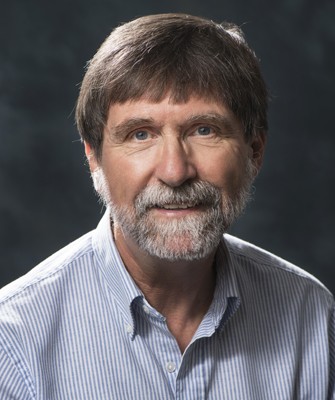Meet the Board: Paul Tremblay, Professor, Boston College Law School
 Paul Tremblay is a Clinical Professor of Law at Boston College Law School, where he directs the Community Enterprise Clinic, which engages students in direct representation of low- and moderate-income entrepreneurs, small businesses, and nonprofit organizations.
Paul Tremblay is a Clinical Professor of Law at Boston College Law School, where he directs the Community Enterprise Clinic, which engages students in direct representation of low- and moderate-income entrepreneurs, small businesses, and nonprofit organizations.
Paul has been a member of the Clearinghouse Board since 2010. In this edition of Meet the Board he talks about how his interest in social justice inspired him to become a lawyer, explains why he started teaching, and discusses board service and the importance of the Clearinghouse’s mission to serve nonprofits and people who are homeless.
Why did you pursue a legal career?
I went to law school almost on a whim, looking for some career that would allow me to pursue social justice. (This was the mid-1970s, as I am a child of the ‘60s.) I soon became connected at UCLA School of Law with the local legal services community, and I was lucky enough to serve as a staff attorney at the Legal Aid Foundation of Los Angeles in South-Central LA, in the Watts office, right after law school. It was terrific work on behalf of a great community of clients facing massive injustices.
What drew you to teaching?
I had no intention of teaching. None at all. I left LA because I wanted to return home to Massachusetts (my family is here, and the weather is so much better), and I joined the Boston College Legal Assistance Bureau (as we were known back then) only because it was a version of a legal aid program in the Boston area. My goal was to leave that clinical program to move to a full-time legal aid position within a couple of years. That was 35 years ago. I discovered that teaching, and especially clinical teaching, is the best lawyering job one could ask for.
I taught a civil litigation clinic at BC for 25 years, and then changed directions entirely, as I developed my current program, a small business/entrepreneurship/nonprofit clinic which engages only in transactional work. I came to learn that social change and community empowerment will only come through economic development. My students and I now work with neighborhood businesses and entrepreneurs to create jobs and programs that, we hope, will enrich the lives of others.
How were you initially connected with the Clearinghouse board and why do you feel board service is important?
When I started the transactional clinic, I knew nothing about nonprofit organizations. I learned of Lawyers Clearinghouse as a resource, and attended several of its seminars. I met Machiko Sano Hewitt and learned how impressive the Clearinghouse’s programs are. A few years later the Board kindly offered me a spot, and I have learned so much from my talented board member colleagues.
Why do you think the Clearinghouse’s work to connect nonprofits and the homeless with free attorneys is important to the community?
I love the Clearinghouse’s dual mission. Its connecting nonprofit organizations and founders to free legal help meets a huge need in the community. Nonprofit organizations address so many critical issues, but the legal and logistical requirements of running a successful nonprofit are remarkably complex and daunting. The legal help Machiko arranges, through her seminars, clinics, and the matching of organizations with pro bono lawyers, is critical to the success of these enterprises. And then the Clearinghouse also provides much-needed help to many homeless individuals through its clinics held at shelter programs. The two missions complement one another in an elegant way.